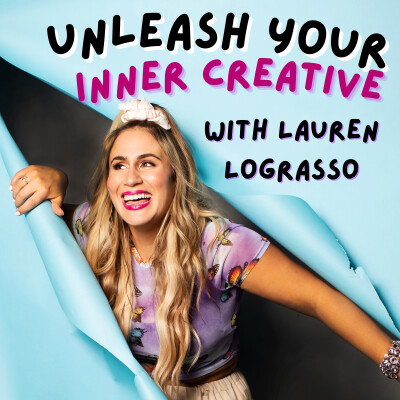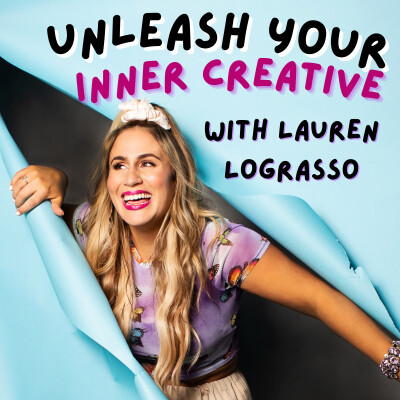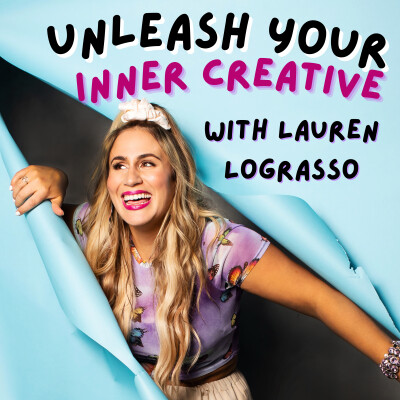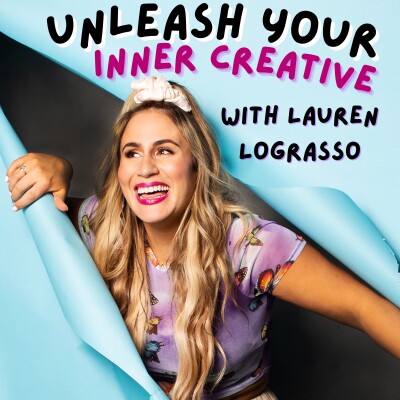Description
Today’s guests are Father/Son duo, Dr. Stephen Porges and Seth Porges.
Dr. Porges is a neuroscientist and is Distinguished University Scientist at Indiana University where he is the founding director of the Traumatic Stress Research Consortium. He is Professor of Psychiatry at the University of North Carolina, and Professor Emeritus at both the University of Illinois at Chicago and the University of Maryland. He is also the author of several books about the Polyvagal Theory, a theory he originally proposed in 1994.
Seth Porges is a filmmaker, journalist, and television commentator. He produced, wrote, and co-directed the feature documentary Class Action Park, which premiered as the number-one movie on HBO Max in 2020. He has also appeared on numerous television shows and networks including National Geographic, Discovery, and The History Channel.
Together, they co-authored the book, Our Polyvagal World, which is out now.
From this conversation you’ll learn:
- A simple explanation of the Polyvagal Theory
- What the vagus nerve is and how it affects you psychologically and physiologically
- How to stimulate the vagus nerve
- How digestion and our relationships are intertwined
- How trauma can relate to gut issues
- Why the distinction between the question: ‘how safe do you feel’ vs. ‘how safe are you’ is important
- How to move through trauma
- How all of this relates to your ability to be creative
- And Much More!
-Remember to subscribe/follow the show on Apple Podcasts, Spotify or wherever you get your pods. Please leave us a rating and review- it helps SO much in getting the show out there. And tell a friend about the show- podcasts are very personal and tend to be spread person to person. If this show helped you or made you smile, share the love :)
- Follow the show: @unleashyourinnercreative
- Follow me: @LaurenLoGrasso
Hosted on Ausha. See ausha.co/privacy-policy for more information.




